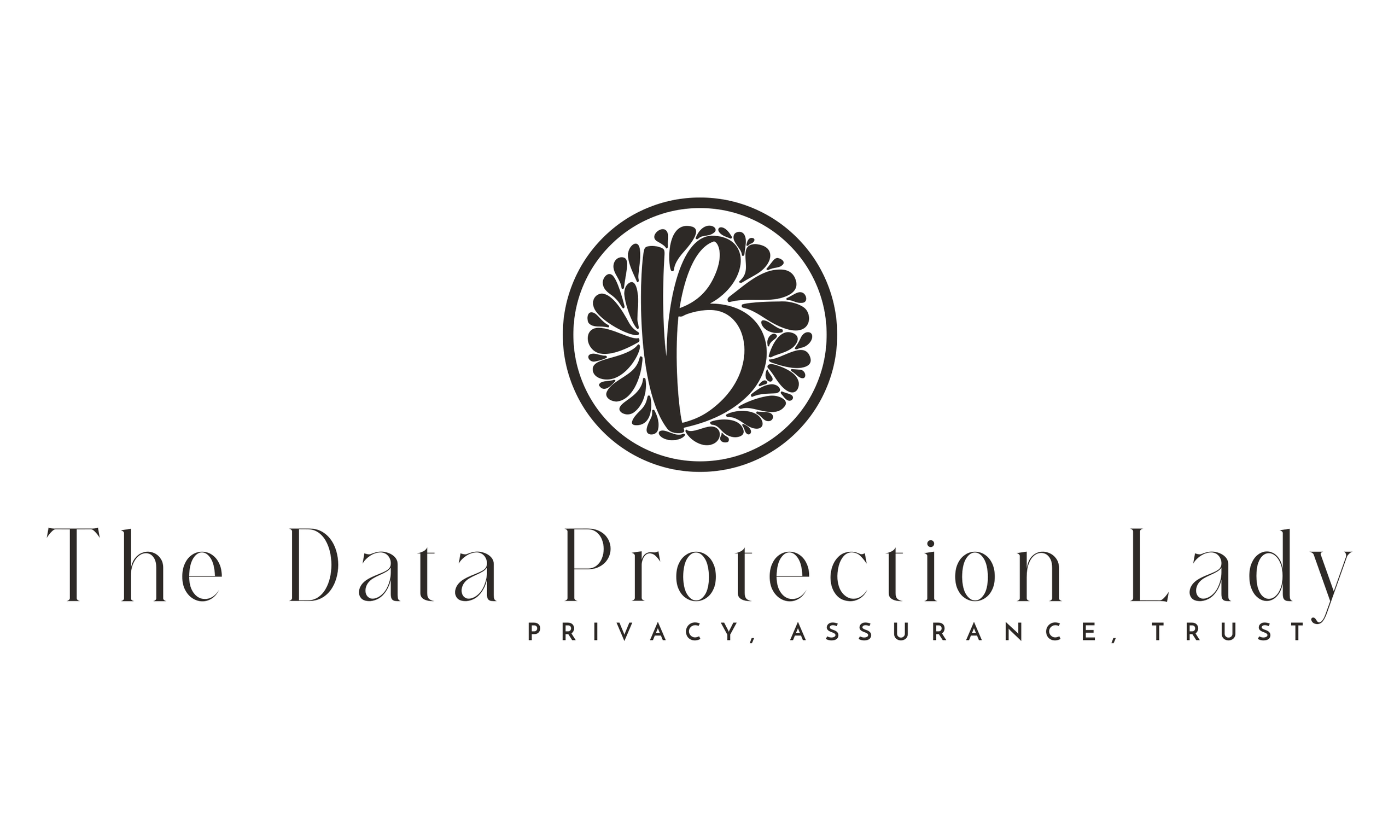What does a Data Protection Officer do?
I work a lot with smaller charities, and often my engagement can involve reviewing a published privacy notice on a website. I am sometimes taken by surprise when I read that the charity's DPO is 'insert name' and that person actually has really limited experience or knowledge of GDPR, the DPA 2018 or PECR. It's usually not because they aren't good at their primary role, but because they've been given the title and assured that it doesn't take long....
So I thought i'd set out what a charity DPO should be doing and exactly what skills and knowledge they should have to carry that title.Did you know that a DPO's role is actually enshrined in law?
The role of the Data Protection Officer (DPO) has emerged as pivotal in ensuring compliance with data protection laws, particularly under the General Data Protection Regulation (GDPR) in the European Union (EU) and its UK counterpart. This post delves into the responsibilities and importance of a DPO in today’s data-centric world.The Core Role of a DPO
A Data Protection Officer is responsible for overseeing an organisation's data protection strategy and designing compliance strategies for delivering GDPR requirements. The DPO acts as an independent advocate for the proper management of personal data within an organisation. Here’s a closer look at what this role entails.
Strategising Compliance
The primary duty of a DPO is to oversee strategies that their organisation delivers to meet GDPR and other relevant data protection laws including the UK DPA 2018 and PECR. This includes:
- Monitoring internal compliance: Regularly auditing and reviewing the organisation’s processes to ensure they align with GDPR.
- Advising on data protection impact assessments (DPIAs): Assisting and guiding the organisation in conducting DPIAs to identify and mitigate risks associated with data processing activities.
- Training staff: Conducting training sessions to educate employees about data protection principles and best practices.
Advising and Informing
DPOs provide crucial advice to the organisation’s leadership and employees on their obligations under the GDPR. They keep everyone informed about the latest developments in data protection laws and ensure that the organisation’s practices are updated accordingly.
Acting as a Point of Contact
One of the key responsibilities of a DPO is to act as a point of contact for data subjects (individuals whose data is being processed) and the supervisory authorities (such as the Information Commissioner’s Office (ICO) in the UK). This involves:
- Responding to data subjects’ requests: Assisting with inquiries and requests from individuals regarding their personal data, such as access requests, rectification, and deletion.
- Liaising with supervisory authorities: Communicating with regulatory bodies on matters related to data protection, including reporting data breaches and following up on investigations.
Facilitating Data Breach Response
In the event of a data breach, the DPO plays a critical role in managing the response. They must ensure that the breach is promptly reported to the relevant supervisory authority and affected data subjects if necessary. The DPO also helps to investigate the cause of the breach and implement measures to prevent future incidents.
Qualifications and Independence
To effectively carry out these duties, a DPO should have expert knowledge of data protection law and practices (I'm not making that up, it's a requirement... though most true DPOs will say that you can never be an expert and it's always changing). Expertise can come from various backgrounds, including legal, IT, or compliance fields. The GDPR emphasises that the DPO must operate independently, without any conflict of interest, and should not be penalised or dismissed for performing their duties.
The Importance of a DPO
The role of a DPO is vital in today’s data-centric landscape. By developing and overseeing compliance with data protection laws, a DPO helps organisations build trust with both clients and stakeholders. This trust is crucial for maintaining a positive reputation and avoiding fines or reputational damage that can result from non-compliance.
Furthermore, a DPO’s efforts in fostering a culture of data protection within an organisation contribute to better data management practices overall. This proactive approach not only safeguards personal data but also enhances the organisation’s operational efficiency and security posture.
So.... before you give your database manager the title with a nonchalant 'you can be our DPO', do assess whether they are actually equipped and sufficiently knowledgeable to do the role as required by law.The Data Protection Lady offers an outsourced DPO service for organisations that need a DPO but not full time, and a DPO buddy service for when being a DPO gets lonely.
Why not book a 121 with The Data Protection Lady to discuss whether you need a more experienced DPO service - to book a free 30 minute discussion click here

